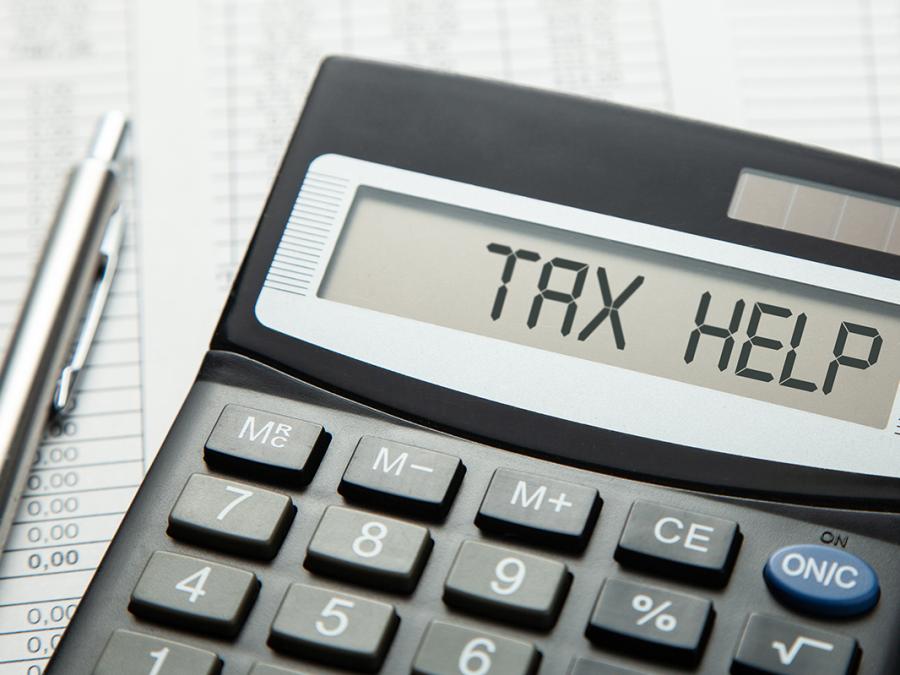Reporting Rules for Digital Platforms – messages for sellers
The OECD Reporting Rules for Digital Platforms started in the UK on 1 January 2024. These rules mean that digital platforms may need to collect and verify information about sellers of goods and services. They may also need to report this information to HMRC by 31 January for the previous calendar year. This means that the first reports will be due by 31 January 2025 for the calendar year 2024.
On the basis that some sellers will have questions about what the new rules mean for them, HMRC have asked us to share some key messages with you. We also include some links to our own LITRG guidance for sellers.

HMRC’s messages for sellers
- The UK has signed up to the Organisation for Economic Development (OECD) Reporting Rules for Digital Platforms.
- The Reporting Rules for Digital Platforms are not a new tax. Online sellers who already pay tax due on their sales don’t need to change what they’re doing.
- It’s unlikely you’ll have to pay tax if you’re selling your own unwanted items, such as if you’re clearing out an attic or refreshing your wardrobe.
- If you sell goods or services online, the operator running the digital platform may need to collect and check specific details about you. This does not automatically mean you owe tax.
- Collecting this information means the platform you’re selling on is meeting its legal obligations. HMRC and platform operators are required to ensure your data is held securely.
- If you’d like to find out more about the new reporting rules, read the HMRC page.
- You’ll only need to pay tax if you’re trading. These examples can help you decide whether or not you’re trading.
- If you’re unsure whether you need to pay tax on your earnings, use HMRC’s free online tool to check.
- HMRC wants to help you get your tax right. If you’re unsure whether to fill in a Self Assessment or not, you can check online if you need to send a Self Assessment.
LITRG guidance for sellers
- Our main page of guidance for people selling goods and services through online platforms like Etsy, Uber, Deliveroo etc. can be found in our gig economy section.
- To help people who are selling goods or services online understand, at a glance, whether they have any tax issues to deal with, we have developed a flowchart.
- We explain more about the OECD reporting rules on our OECD rules page.
- Over the last year, we have also published many news articles looking in more detail at the impact of the new OECD platform reporting rules on sellers. A few examples are:
- New rules for gig economy workers - your questions answered
- More ‘side hustle’ tax help
- Side hustle tax mythbuster
- The new platform reporting rules do not create new tax obligations for people, but are going to make it easier for HMRC to spot if people have not paid tax when they should have. If you need to complete a 2023/24 Self Assessment tax return but have not yet told HMRC – you still have time, as we explain here.
- If there are any earlier tax years that require bringing up to date, you may want to seek assistance – as we set out in our guidance. If you cannot afford to pay for a professional accountant or tax advice, TaxAid may be able to assist you with historic problems and get things right going forward.
- If you need further assistance from HMRC or the tax charities but are struggling with next steps because English isn’t your first language, you can watch our translated videos (including in Portuguese and Polish) on how to get the help you need.



